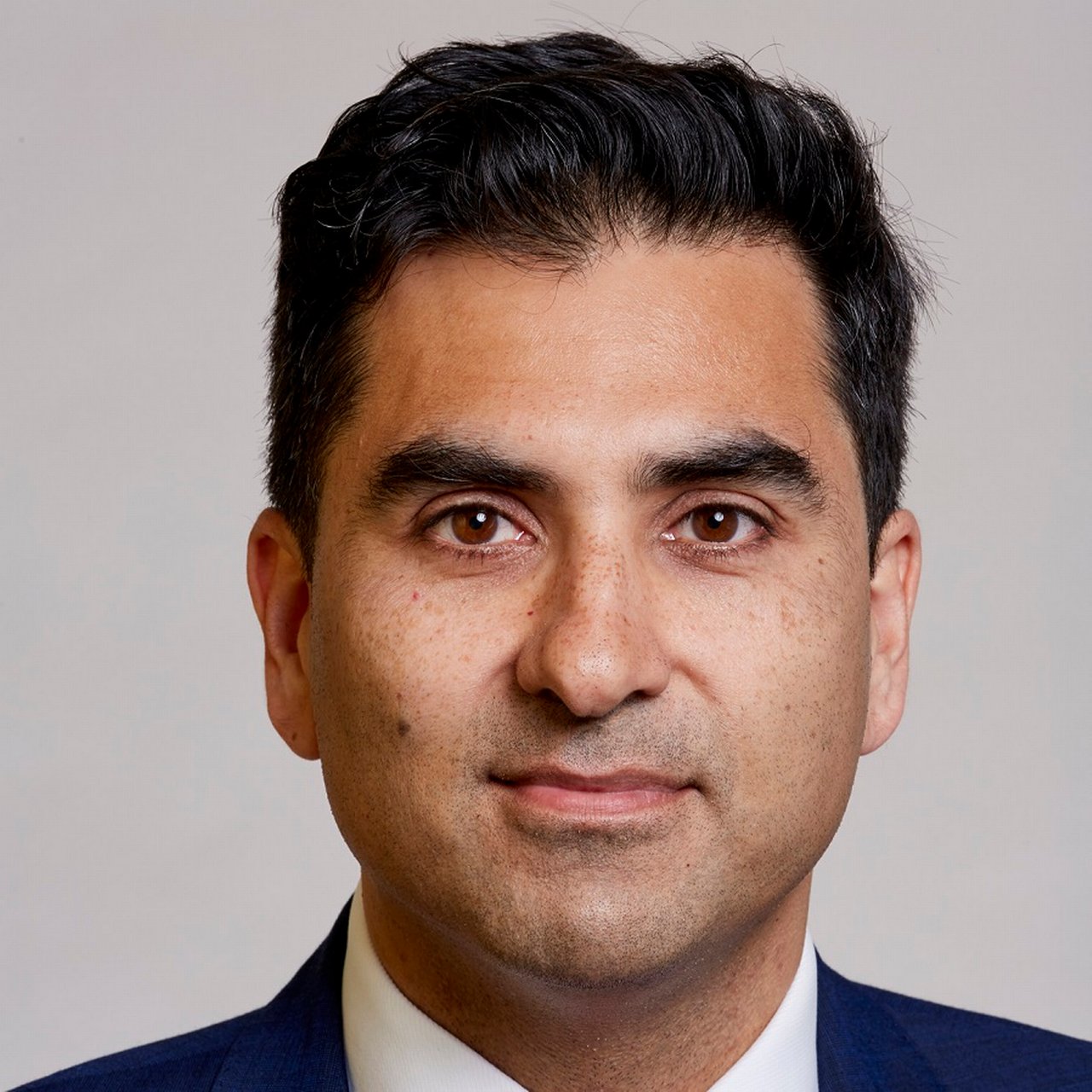
Tokenisation: hype, hope – or a financial revolution?
Are we on the brink of a new financial era? A look at the opinions and experiences of Deutsche Bank employees
Some see it as the future of finance, others fear a loss of control and increased deregulation: tokenisation is polarising. Whether it's cryptocurrencies, tokenised bonds, or digital art – opinions are as diverse as the topic itself – within society and within the company. So, what do Deutsche Bank employees really think about tokenisation?
It’s a sentiment somewhere between euphoria, scepticism, and curiosity.
You either ride the wave – or you get swept away
Daniel Bowman from Jacksonville is convinced: blockchain and tokenisation are more than just a passing trend. He has been working intensively with digital assets for five years and says, “Their speed, security, and transparency far surpass existing payment technologies.”
In his view, the technology is a natural next step: “Just like credit cards or the internet needed time to gain traction, so will crypto – but the potential is enormous.”

In an interview in this dossier, Deutsche Bank expert Sabih Behzad explains what potential he sees in a tokenised economy. “In the tokenised economy we can make money smart,” he says.
Curious to know how a tokenised economy will revolutionize investments and payment flows? And where the risks are lurking? Then this article is for you.
From optimism to realism
Other colleagues are more critical in their assessments. “Many applications are overhyped; we still need to separate the wheat from the chaff”, says Marcel Winterhalder, from the Sales Support team, naming lack of regulation and high energy consumption as major drawbacks.
An interesting counterpoint comes from Estelle Lenz, a DWS employee in Tokyo: “Isn’t it exactly our job in finance to separate the useful from the useless?” A thought that many resonate with.

Between trust and transparency
Ivan Mandic from the Mortgage Lending team takes the conversation a step further – for him, tokenisation raises not just technical, but profound societal questions: “What is a person worth in an economy that’s increasingly digital?” And, “who governs this new world – and were they democratically elected?”
But there’s another side to the coin: “Bitcoin has never been hacked,” Estelle Lenz points out. The vulnerabilities often lie not in the technology itself, but in poor external controls. Here, she says, banks have a responsibility to build secure infrastructures.
We are standing at the threshold of a new financial age.
Personal experiences, big impact
Alex Nesterov, a Jacksonville-based employee, offers a glimpse of how tokenization can simplify everyday life: during a family trip, he had to buy new plane tickets on the fly. He completed the entire transaction – from selling coins to making an international transfer – in under 30 minutes. Three companies, three countries, one weekend – no problem. “In the traditional banking system, that would’ve taken days,” he says. His belief: “We are standing at the threshold of a new financial age.”

Growing regulation brings safety
Raju Dave from the Compliance department emphasizes the need for clear legal frameworks: “Tokenisation has the power to revolutionize finance – but only with a solid regulatory foundation.” Initiatives like MiCAR in Europe and work on central bank digital currencies (CBDCs) show that policymakers are beginning to recognise and steer this potential. “Just as the internet found its place after the dot-com bubble, so too will tokenisation – with a few strong players and many lessons learned.”
Between digital enthusiasm and doubts
Not everyone shares the optimism. “Bitcoin, NFTs – all that consumes vast amounts of energy for purely digital assets,” criticizes Janine Müller from customer service at BHW, our building society.

Conclusion: A transformation with question marks
Tokenisation is no guaranteed success – as the range of employee voices makes clear. But it's no empty bubble either. Rather, it’s a complex process affecting technology, society, and financial markets alike. The diversity of perspectives – from personal success stories to fundamental philosophical reflections – shows just how much this topic matters.
This page was published in July 2025

Emilia Eggert
… finds it fascinating as a psychology graduate to see what kind of feelings tokenisation triggers in people. Digital topics generally play a big part in her free time as she watches how the world is constantly changing.
Recommended content
Digital Disruption | Opinion
“In the tokenised economy we can make money smart” “In the tokenised economy we can make money smart”
Investing in luxury hotels or a Picasso painting? Deutsche Bank expert Sabih Behzad explains how a tokenized economy will revolutionize investments and payment flows. And where the risks are lurking.
Digital Disruption | Outlook
Invest faster and broader thanks to blockchain Invest faster and broader thanks to blockchain
Stock market and blockchain expert Lidia Kurt on the transformative power of blockchain technology in securities trading and the “Internet of Value”.
Digital Disruption | Outlook
“A form of digital gold” “A form of digital gold”
US Economics Professor Rod Garratt about the value of cryptocurrencies, the role of pets in issuing them and the pros and cons of a digital euro.






